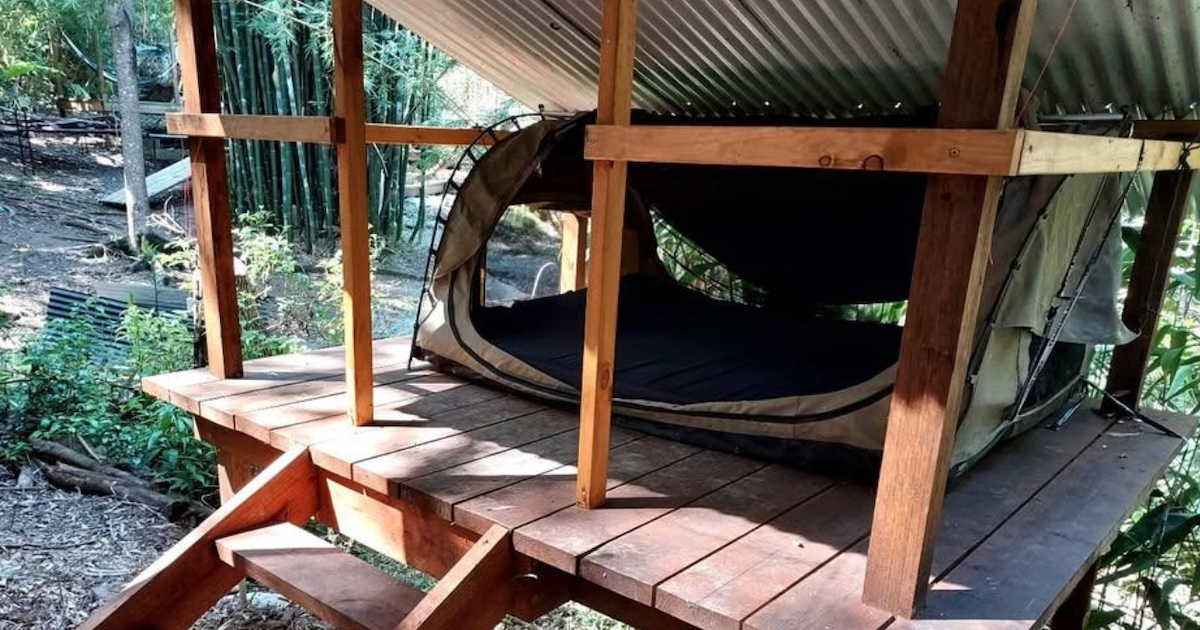Pandemic impact analysed

A City of Greater Geelong Gender COVID-19 Impact Analysis Report has identified the positive and negative experiences of women and gender diverse people, and where greater support is needed.
A GREATER Geelong action plan to improve the health and wellbeing, and economic and social situations for women and gender diverse people has been developed in response to a pandemic impact report.
Research commissioned by the City of Greater Council has revealed positive and negative experiences of the two focus groups during the first stages of the pandemic. An online survey attracted 370 responses, 14 people were interviewed and members of the city’s Women in Community Life Advisory Committee were involved in developing the Gender COVID-19 Impact Analysis Report.
Participants represented a range of cultural, economic and social backgrounds, ages and abilities and the feedback was equally broad.
Positive experiences included having more time together as a family, more home cooking and lower rentals payments, along with enjoying discovering new places in the neighbourhood for exercise and a new appreciation of nature.
However, there were also challenges working from home while managing remote learning for children and increased household duties; reports of increased depression, anxiety and isolation, and an increased incidence, threats or fear of violence, abuse and harassment at home.
Significant stress in migrant and asylum seeker women was experienced due to isolation, inability to visit family overseas and confusion about COVID-19 restrictions. The report found the negative experiences were heightened when there was more than one pre-existing challenge, such as lack of affordable housing, family violence, mental illness, disability, limited English language or limited mobility.
Councillors acknowledged that everyone was feeling the brunt of COVID but for women who were responsible for balancing homeschooling, work, domestic roles and other responsibilities, there had been an impact on mental health. Cr Sarah Mansfield said for some, the flexibility to work from home was a positive, but the feedback highlighted the need for public WiFi in the northern suburbs, and greater advocacy on housing affordability, gender-based violence and food security.
Diversity, Inclusion and LGBTIQ+ portfolio chair Cr Belinda Moloney said women with pre-existing challenges such as limited English and limited mobility were already “living in a house precariously stacked like dominoes” before COVID, but as a positive, the report addressed what actions council could take.
Cr Kylie Grzybek said it was important not to underestimate the impact of home-schooling and to remember not everyone had WiFi. She agreed there were also opportunities to come from the report, around emergency and long-term housing, family violence and isolation, such as bolstering neighbourhood houses, supporting walking groups and enhancing opportunities for women to participate in the community.
Geelong mayor Stephanie Asher thanked participants for sharing their experiences regarding the impacts of COVID-19, especially those who are vulnerable and marginalised.
“This data will inform policy and direct funding towards services that help the community recover from the pandemic,” Cr Asher said.
“Most importantly, it will promote new thinking and insights around how women’s roles are typically affected during such challenging times.”
The 12-month action plan includes immediate and practical opportunities for the city, including continued coordination of food delivery services for community members who can’t leave their homes.
The continued rollout of the public WiFi project in the northern suburbs and establishing a women’s peer support program for carers of people with a disability are part of the plan.
Over the coming year, the council will explore opportunities around emergency and long-term social housing, focusing on women leaving family violence relationships, and continue implementing its social housing plan 2020-2041.

















